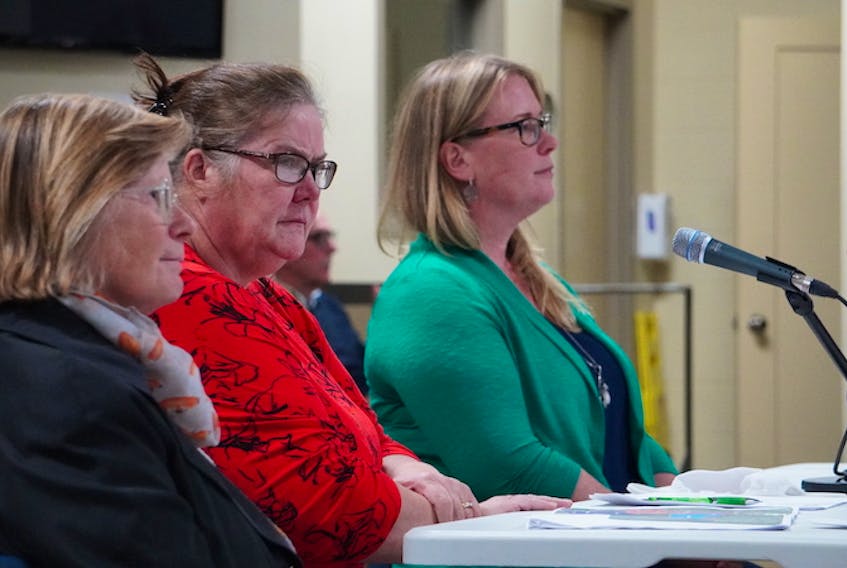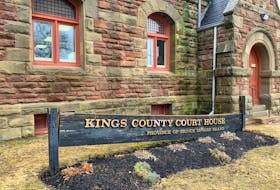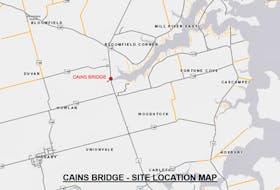THREE RIVERS - A member of Three Rivers' electoral boundaries commission isn't necessarily surprised by the municipality's recent decision to reject its recommendation.
The municipality's council has been debating the commission's recommendation on a new ward structure since last October. During a Jan. 25 meeting, council decided to forego the commission's eight ward structure and is looking to approve an at-large structure instead - also known as an open ward system.
Volunteer member Heather MacLean said she was surprised by councillors’ strong reaction to her group's recommendation last fall because council had originally asked them to outline an eight ward structure.
"We didn't recommend eight wards," she told The Guardian in a follow-up interview after the meeting. "That was decided before we started our work."
Discussions were had outlining what having eight wards would entail, but concerns weren't raised until the recommendation was filed. If council tasked the commission to recommend multiple options, such as an open ward map, then the commission would have done so.
But MacLean, alongside volunteer members Anne VanDonkersgoed and Pat Uptegrove, never looked into any option other than what council had decided upon.
"Because it wasn't in our mandate."
The original recommendation required that each ward have a similarly-sized population - the commission's reasoning for its recommended map was to have both rural and urban voters included in each ward.
Daniel Brown is a local journalism initiative reporter, a position funded by the federal government. Twitter.com/dnlbrown95









